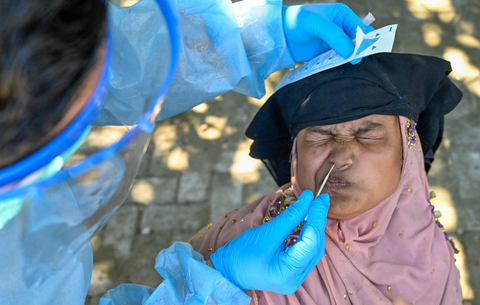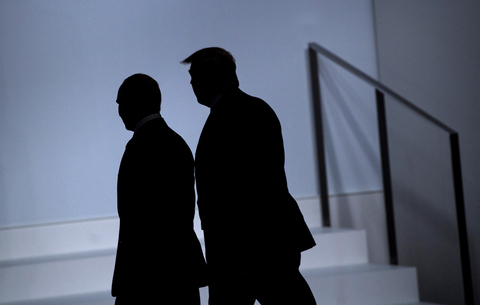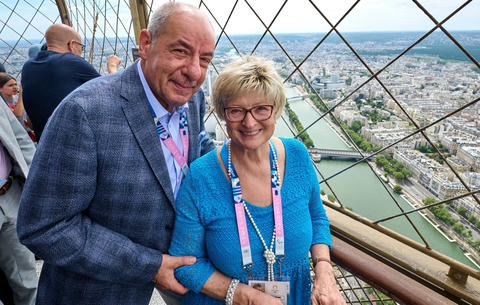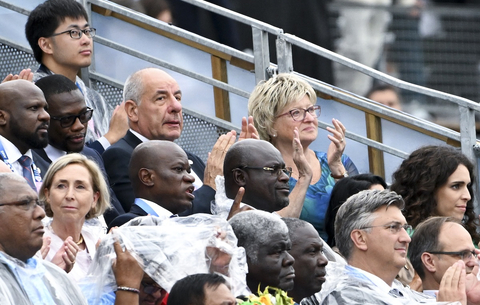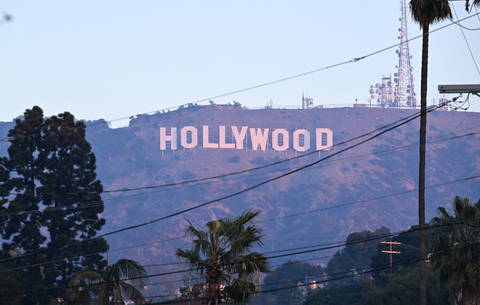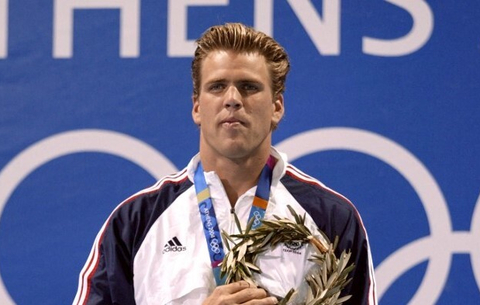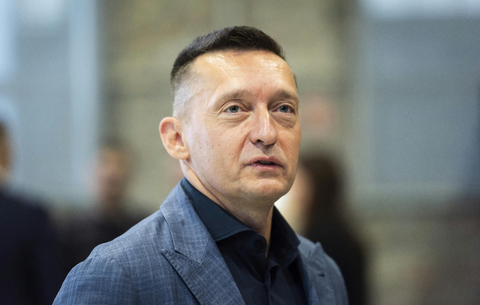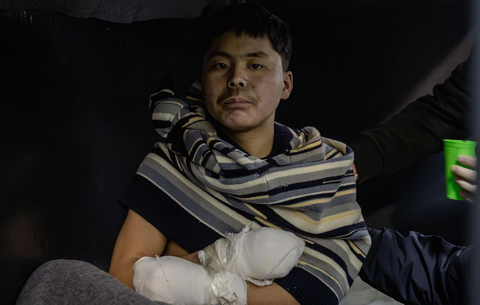Old elites in young democracies
The title of the historian Hans-Joachim Veen's speech to the 20th Century Institute said it all. As the professor of comparative government at the University of Trier said, in many places a new generation of the old elites came to power, while elsewhere the secret services provided the successors.
Veen was very specific about what he meant by the term "young democracy," restricting it to the post-communist countries of central and eastern Europe, from the Czech Republic to Ukraine, from Estonia to Macedonia, but excluding Russia, a 'managed democracy' that has taken a markedly different path under Putin.
There are big differences between the individual countries in terms of the stability of their party systems and the solidity of their democratic institutions. The western countries of the region are closer to the stable European democracies, but as you go further east it becomes easier to talk of a "new autocracy," Veen said. Many of these countries are pseudo-democracies of an authoritarian stamp. There are significant "democratic deficits" in all the societies of the region, as the old mentality continues to flourish beneath a democratic surface, alongside authoritarian structures operated by old networks that are still intact.
In the historian's view, the key question was how the fates of the old elites had developed, and how the old elites are linked to the new leaders. He suggested four questions that were essential to finding an answer. What role did the old elites play between 1989 and 1992 in the transforming process? What happened to the members of the old elite? What role do the old elites play today? To what extent have new elites been able to find a footing in a new structure?
Veen argued that the mission of the elite is to run and represent society. Members of the elite hold administrative post and are linked to each other by education, culture and social networks. It is essential, he argues, that the elite be constituted of convinced democrats and independent personalities. The communists persecuted the old elite, hoping to set up its own elite in its place, one chosen by a nomenklatura system. More recently, the elites of the former socialist countries has been undergoing a process of continuous change, shedding its ideological baggage, leading an unavoidable transfomration. In this sense, the period of the regime changes was "the hour of the elites." It should have been the task of the political, economic, media and cultural elites to thrash out a fundamental consensus in these developing societies, setting out goals and the means by which they could be achieved.
But elite groups did this only imperfectly in just about every post-socialist country, even in those were a stable multi-party system emerged, as in Hungary. There are signs of crisis within the elite, in respect of both leadership and of public representation. According to Veen, the main reason for this in Hungary is that the old elite joined the reform wave early on, playing an active role in the regime change. So it is not clear whether the elites did change at all, according to Veen. Some suppose that we only witnessed a generational shift within a continuing elite, because it was the children of the old functionaries who took the reins. The technocratic elite with few ideological ties to communism was very strong within the Party in the 1970s. A counter-elite emerged in the 1980s, composed of civil rights activists and opposition figures, but even this counter-elite respected certain compromises.
No counter-elite emerged in Romania, Bulgaria or Ukraine. According to Veen, in each of these countries, the secret services played a decisive role in the establishment of almost every new political party at the dawn of pluralism. Countries like Poland, the Czech Republic, Hungary and the former East Germany, where the opposition parties were able to keep themselves relatively 'pure', where in a more fortunate situation. Admittedly, many of the murky details about the early days of these democracies - aspects that continue to cast a shadow today - are only now coming to light, as we are seeing in Poland and Hungary. In Warsaw, the Kaczynski brothers, whose coalition came to power in 2005, are questioning the Mazovieski-Jaruzelski pact of 1989 and is using social discontent to question the legitimacy of the old-new elite. This is the reasoning behind their transparency law, which has been rejected in its current form by Poland's Constitutional Court. But the government will not be deterred: it wants to drive out the elites, carrying on the process begun in 1990. Most western observers regard this as a risky move, and both the old opposition and the Catholic Church disagrees with it.
But it is the former German Democratic Republic that he knows best - and there, of course, things took a very different course. It is interesting to explore the idea of what would have happened to the GDR after the regime change if it had remained an independent state.Its political, economic and cultural elite would certainly have developed very differently if it had not been so closely tied to the 'big brother.' Maybe it would find itself in the same stormy waters as several other east European 'new democracies.'
János Pelle
